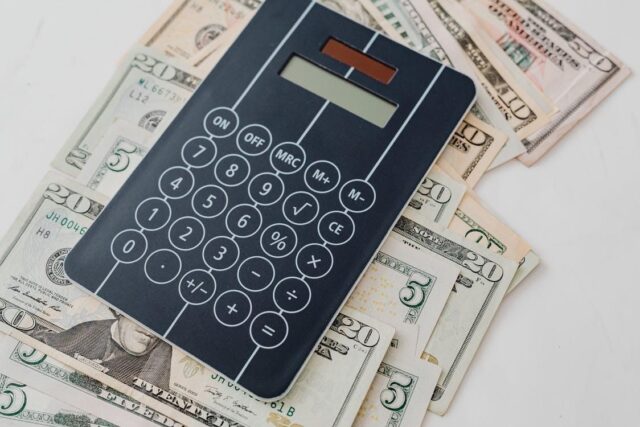
Personal loans are undoubtedly beneficial when you’re in a financial pinch. They can help you pay for expenses your salary can’t cover and provide an emergency fund for unexpected circumstances. However, getting a personal loan can be intimidating, especially if you’ve never taken one out or aren’t sure what to expect.
Finding the best terms for your needs will be challenging if you don’t know what lenders want from their borrowers. Note that the requirements differ by lender. One may be more welcoming, while another might be stricter.
Nevertheless, below are five basic personal loan requirements that most lenders look at when considering whether or not to approve someone’s application.
Credit Score
Your credit score represents the odds or likelihood that you will be able to repay your bills on time. Higher scores generally mean a lower risk for lenders and consequently better terms for borrowers. On the other hand, low scores can lead to higher rates, reduced loan amounts, higher down payments, longer repayment periods, or even denial of applications.
How can you keep your credit score high?
First, ensure all your bills are paid in full and on time each month. To make it easier, try automating bill payments so that you never forget! Always check your credit report before applying for a new account (you’re entitled to one free every year). Contact the creditor immediately if there are any mistakes in the report.
Also, don’t open too many accounts at once because they may show up as a ‘hard inquiry’ on your credit report, which reduces your score by several points. Finally, don’t close old accounts because they have been reported as part of your history with those creditors.
Closing them may lower your overall credit history length and age, which is essential in determining how likely you are to default.
Proof of Income
Another requirement is your proof of income. Lenders like creditninja.com need to verify that the borrower has a steady income and can repay the loan. It reassures them that they will be repaid and gives lenders peace of mind because they know their money is safe.
How to prove your income? If you’re employed by an organization, you can submit the following:
- income tax returns
- w-2 tax forms
- pay stubs
- bank statements with your income deposits
If you’re self-employed, the following documents can provide proof of income:
- bank statements with your income deposits
- income tax returns
- 1099 tax forms
Include documentation of any additional income you earn on the side. The more documentation you have, the better. It’s essential to make sure all of your information is accurate and in order before applying for a personal loan.
Proof of Your Identity
Loan application fraud is common, so lenders require you to provide proof of your identity. The common valid forms of ID include:
- A driver’s license.
- State-issued identification card.
- Military ID card.
- Government-issued Social Security card.
Generally, anything that proves you are who you say you are. Otherwise, your application will likely get rejected.
Proof of Address
Besides providing evidence of your identity, you’ll also need to verify where you live. Lenders want to know that the person they’re lending money to has a stable residence – not someone who moves around constantly and doesn’t have any ties to one location or another.
A few ways to prove your address:
- driver’s license with current address listed
- utility bill in the borrower’s name (gas, electric, water)
- bank statement showing an account opened in their name at the current address
- lease or rental agreement
- proof of insurance for your car, rental, home
- voter registration card
Recurring Monthly Expenses
Lenders also want to know if you can afford your loan payments. They’ll look at your current expenses, such as:
- insurance payments
- utilities
- mortgage or rent
- car loan payments
- credit card payments
- student loan payments
Lenders subtract these expenses from your gross monthly income to determine how much money you have left for a personal loan payment. If you don’t have enough money left over for the minimum payment, lenders may be hesitant to approve the loan and will probably charge you a higher interest rate.
Conclusion
When evaluating an applicant, personal loan lenders usually look for the things outlined in this post. So you must ensure you meet these requirements before applying. Preparing your credit, income, and debt documents will help you get approved more quickly.
Remember that all information submitted on your application is subject to review, so be truthful and accurate with everything. Finally, know what fees are associated with your loan and how they’ll affect your monthly payments once approved!


































